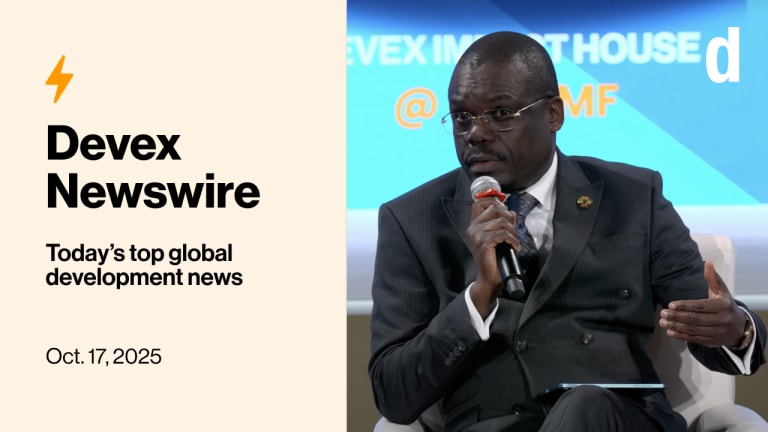
When emergencies are declared, women and children are often the affected groups we hear about most. This is not surprising — and of course important given the vulnerabilities they face amid human-made and natural disasters, such as food crises, earthquakes, floods, and war. But they are not the only group at risk. Older people, who have their own vulnerabilities, are rarely mentioned or even included as a priority group, despite the obvious challenges they face.
It is hard to secure funding for programs focusing on older people. Our partner in South Sudan, the Humanitarian Development Consortium, told us that they could get funding for women and children, women at risk, or orphaned and displaced children, but not for older people. They were advised that the only way to get funding would be to write a proposal for minority groups and include older people in that.
The drought in East Africa has been a real test case, given that older people are literally starving to death. But their specific nutrition needs are seldom factored into aid responses. They also often lose out to those with greater speed and mobility when food distributions are carried out.
As 71-year-old Dido Yaro Ruchi told our team in Kenya: “Although there are people who generally sympathize with old people like me, during food relief distributions, people scramble for it and that becomes a challenge for us elderly people.”
This is all in direct contravention of core humanitarian standards of inclusivity.
Neglecting older people in humanitarian emergencies also has a cost for the entire community.
The vital role of older people
In East Africa, drought is forcing people from pastoralist communities to migrate hundreds of miles in an attempt to find food and water for their livestock. Those who can take the strain of these arduous long journeys leave their young children behind in the care of their parents.
In the drought-stricken areas of Ethiopia, 93% of people over 60 have been left caring for their grandchildren, recent research shows. In South Sudan, it's 97%. But many told us they can't feed themselves, never mind the children in their care, and this is causing high levels of anxiety.
This contradicts the expected narrative that older people are supported by their families and don’t need help, overlooking the actual role they play in supporting their families.
Older people also have important historical knowledge to offer. For example, in South Sudan, the drought has been followed by deadly floods which are destroying homes and killing people. Our partner, HDC, is digging channels for the water to drain based on the advice provided by older people who are helping by pointing out where rivers which have dried up and silted over used to flow.
This knowledge of weather patterns over long periods of time has been used to advise communities on agricultural practices that can adapt to changing weather patterns.
Information about who lives in their area, who is most in need, and the history of conflicts and natural disasters such as floods and droughts can often be obtained from the older members of the community who, ironically, often don’t advocate for their fellow older people as they don’t think that is what NGOs are interested in.
What needs to be done?
This issue can all be addressed by consulting directly with older people and their communities to find out what help they need.
Time and again, our needs assessments show that no one has reached out to or consulted older people about what they need or how they can contribute.
Direct consultation would help address the problem of older people being overlooked and would ensure that this high-risk group can receive aid that is relevant to their needs.
Sharama Korme Elema from Maikona in Kenya told us: “We get maize once every few months but that is hard for us to eat as we can only survive on soft food. People are starving to death.”
The so-called nonfood item distributions that many NGOs manage typically include standardized products that often do not cover older people’s needs. But our East Africa surveys showed that cash was the one thing that could make the biggest difference for the older people interviewed. This gives them the dignity to be able to buy what they need for themselves, rather than special allowances having to be made for them.
With the right kind of support and recognition, older people can remain as productive members of society.
The unprecedented drought and floods in East Africa are further proof that climate-related emergencies are getting worse and we need to have better aid policies that are more inclusive of those who are most adversely affected.








